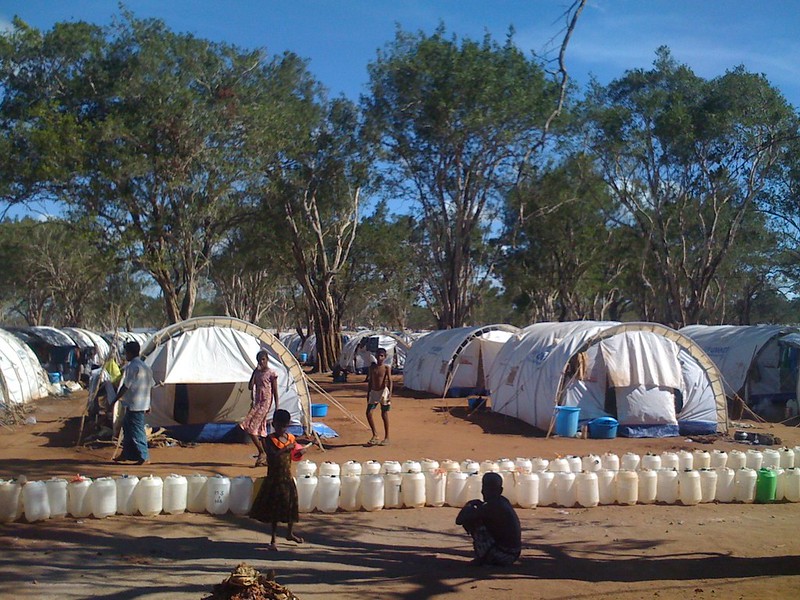
Image of UNHCR camp by UKAID
The United Nations High Commissioner for Refugee (UNHCR) has announced that it will close its offices in Colombo before the end of this year, leaving hundreds of refugees uncertain over their future.
The UNHCR is the internationally mandated body that is responsible for processing refugees for resettlement to third countries and provides vital support to enable refugees to access basic essentials in their country of asylum.
In December, the UNHCR stropped providing monthly allowances for refugees and scholarships for children in primary grades. As Sri Lanka legally bars refugees from working, this has left refugee heavily reliant on aid from charity organisations. Those who seek employment are exposed to exploitation from employers as they are unable to present to Sri Lankan officials.
This decision comes as Sri Lanka faces a dire economic crisis which has seen the price of basic essentials skyrocket. Goods such as cooking gas, food and utilities has risen after the government increased value-added taxes up to 18 percent in January. This has been further worsened by heavy rain that has seen crops destroyed. Al Jazeera reports, that some refugees are having to forego essential medicines to get by and are falling ill as a result.
According to the UNHCR’s data from mid-2023, there are 567 refugees and 224 asylum seekers in Sri Lanka, most of them Pakistanis. A large number of which belong to the Ahmadi Muslim sect which continue to face persecution in Pakistan and are considered non-Muslim by the state. There are also Christians and Shia Muslims amongst the asylum-seeking population.
Many of these refugees have been unable to be resettled from Sri Lanka for close to a decade or more as host states have refused their application. There is also concern that once UNHCR leaves these refugees may be at risk of refoulment.
In 2014, Sri Lanka’s Supreme Court permitted the deportation of several Pakistani asylum seekers after the government accused them of committing crimes and spreading malaria. The UNHCR responded at the time by accusing Sri Lanka of violating international law.
Sri Lanka is not a signatory to the 1951 UN Refugee Convention and its 1967 protocol. Furthermore, there is no domestic law or mechanism to deal with refugees or asylum seekers on the island.
Read more here.
